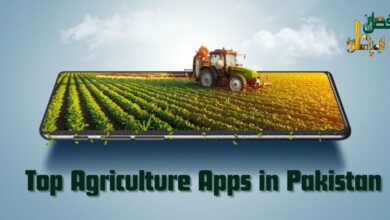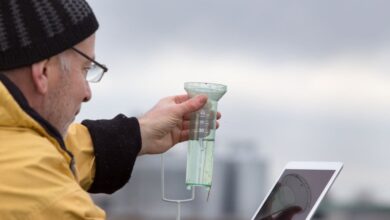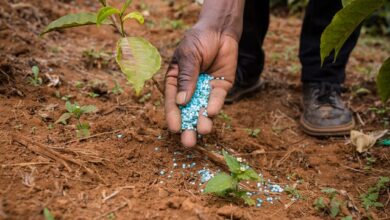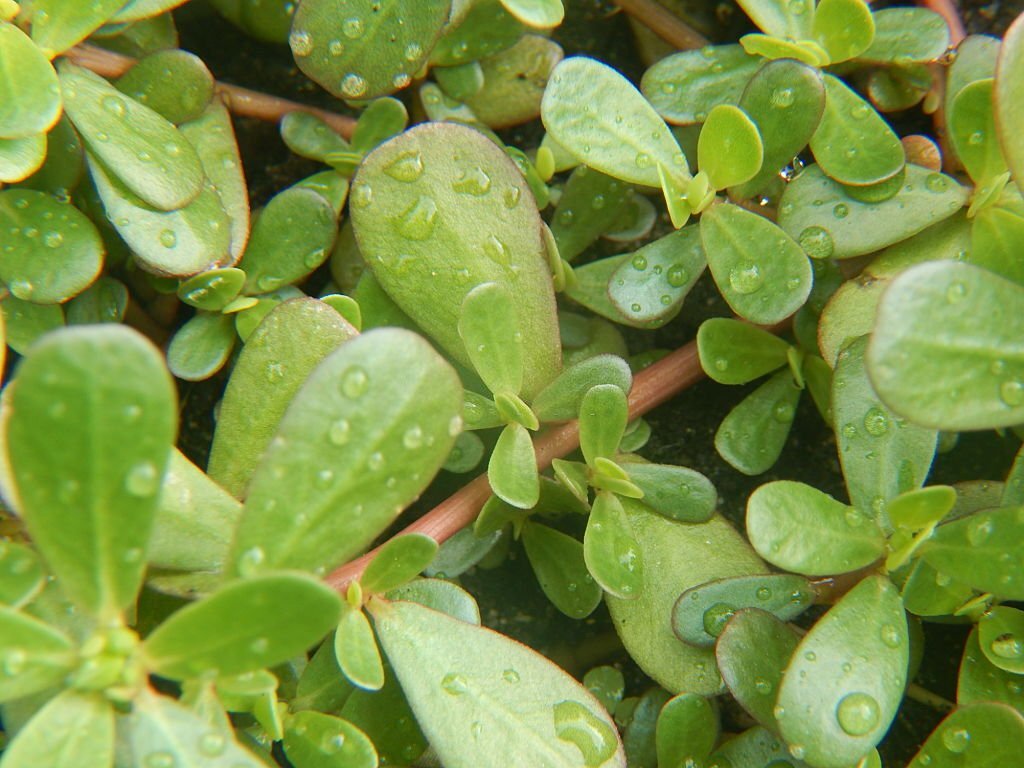Smart Agriculture: What It Is and Its Benefits
Table of contents
Why does agriculture, the oldest activity and one of the pillars of humanity, need to become “smarter”? The reason is simple: as demand grows, resources become more scarce. It is necessary to rethink the way in which agribusiness sows, cultivates, harvests and distributes food and commodities, to make life prosperous in 20, 30, 50 or 100 years. This is where Smart Agriculture comes.
According to estimates, farmers will need to produce up to 70% more to feed the world population in 2050, which could reach 9.7 billion people. That is, Agriculture Mortgages are talking not only about something essential, but also urgent. Smart agriculture, from this point of view, can be one of the solutions to optimise agriculture.
How about understanding more about it? This is a comprehensive and definitive guide to smart farming. Read to understand everything!
What is Smart Agriculture?
Smart agriculture is a concept that seeks to reconcile agricultural management with data technologies, in order to optimise the complex systems and volatile dynamics of agriculture.
Basically, it is about bringing big data to farms and increasing the visibility of farmers on the processes of planting, cultivating and harvesting. In itself, agriculture is an activity that is too dependent on information. What happens, however, is that farmers who rely on traditional techniques and resources get only part of the information, and often with inaccuracies.
We talk about the quality of the land, climatic and meteorological issues, factors such as irrigation of plantations, pest control, and many others. The role of new agrotechnologies is, therefore, to fill this gap, providing precise information capable of influencing all agricultural results. It is the data, measurements, and insights that help choose the best fertilisers, crop rotation strategies, and many other aspects of field management.
Some resources of this type have been around for a long time, such as satellites that allow us to map the earth. Others are more recent, such as IoT smart sensors, which capture data on the quality and nutrients available in a given soil.
Thus, it is possible to use devices, systems and technological resources to capture in-depth data on the plantation, enabling better follow-up, monitoring, automation, and analysis of operations.
But how is smart agriculture used? Well, in practice, we are talking about managing farms with the help of information and communication technologies. The main example, and the great driver of this movement, is the Internet of Things (IoT), but there are several other resources, such as:
- Smart detection ;
- Extended connectivity with 5G;
- smart device management software;
- Tractors and robotic and autonomous equipment;
- Data storage, processing and analysis systems.
Armed with these tools, farmers can monitor the conditions of their fields, allowing for better strategic decision-making, all without ever setting foot on the farm! Smart farming is gaining importance due to population growth, which leads to increased demand.
With this in mind, it is necessary to invest in new ways to optimise productivity without depleting available natural resources. It is basically a move towards more efficient agriculture. Therefore, the goal of smart agriculture is to make all aspects of agriculture more reliable, predictable, and sustainable.
What are the benefits of smart agriculture?
Investing in smart agriculture brings many benefits to any agribusiness. At the end of the day, it is a definitive step towards the modernization of its processes and optimising its rural management.
Therefore, the goal is to observe and record data and automate processes to improve overall production, while minimising costs and conserving resources. In practice, we are talking about a technological integration capable of transforming the entire sector and people’s lives.
How about understanding more? Take a look at the main advantages of intelligent agriculture:
Improved production quality
With automation capabilities and access to real-time data, farmers have better control over the production process and the variables that can affect it. Therefore, it is possible to maintain higher harvest quality standards, which leads to better crop yields.
Plus, with more control (even remotely), farmers can reduce risk and better plan their harvest and planting. For example, if you know exactly how much your land, or a portion of it, will yield, you can plan ahead with both suppliers and buyers, ensuring the balance of the accounts.
Cost reduction
With better control of data and internal processes, there is less risk, including human error. The ability to predict what is happening in the field allows you to plan for efficient production and distribution. That is, if you know exactly what to harvest and how to harvest it, you can prepare the market and find buyers in advance, making sure that nothing remains in stock.
Also, it’s worth going into the smallest details: traditional farming often involves under or over-spraying. Smart farming features have the potential to reduce these situations. With technologies that can track the field and automatically turn off the sprayer, saving on fertiliser use.
Information in real-time
Farmers can make better decisions with real-time information about farm conditions and operations. In traditional farming, recording events and tasks, as well as writing reports, is a time-consuming task.
With smart agriculture, all processes are integrated into a management system and a database. Thus, as the sensors measure something, the information is transmitted and recorded, allowing access to qualified data in real-time.
Optimization of processes
With the help of innovative technologies, it is possible to optimise the processes of data collection and crop planning, which allows for improved results in sowing, fertilisation, silviculture, and pest control.
Data-Driven Decisions
Working alongside precision farming, smart farming is a way to make farming processes more controlled and precise. In this way, any type of plantation will receive the treatment it needs, all determined by systems fed with data collected in the field itself and updated in real-time.
Thus, by efficiently measuring the variables that impact your activity in real-time, it is possible to improve the effectiveness of operational processes, as well as the use of resources.
Economy and sustainability
There are many ways that smart farming can bring savings and sustainability to your agribusiness. We talk about things like optimising the use of agrochemicals, pesticides, and other agricultural inputs, even reducing the use of fuel for the machines that travel through the fields.
Possibility of early detection of diseases and pests in Smart Agriculture
Finally, the comprehensive and in-depth reading offered by sensors, drones, and satellites is capable of painting a never-before-seen picture of the conditions in your field. We are talking about the possibility of accessing qualified data that shows signs of diseases and pests that can affect (and put at risk) the entire plantation.
It is a type of intelligence that allows quick action by farmers in the search for solutions and damage containment. In addition, based on meteorological information, it will be possible to understand how the climate can impact certain crops, which helps better plan their planting.
Smart farming is a quiet revolution in agriculture, based on a simple principle: do more with the same or fewer resources. At this point, technology is essential. In your agribusiness, is smart agriculture already a reality? If not, make it a part of your practice.





